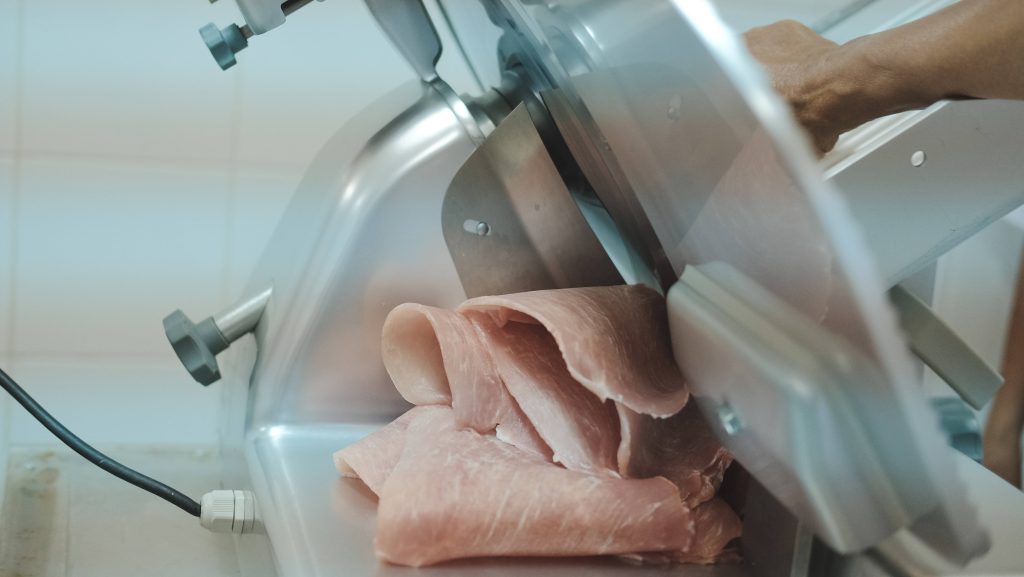
The Centers for Disease Control and Prevention has issued an alert after a listeria outbreak in several states. There have been at least two fatalities, and dozens have become sickened.
Dr. Nipunie Rajapakse, a Mayo Clinic pediatric infectious diseases expert, discusses the risks associated with listeria.
"Listeria is a type of bacteria that is usually transmitted through food and food products. It is especially a concern if you're pregnant, if you're elderly or if you have a weakened immune system for some reason," says Dr. Rajapakse.
Watch: Dr. Rajapakse talks about risks associated with listeria
Journalists: Broadcast-quality sound bites with Dr. Rajapakse are available in the downloads at the end of the post. Name super/CG: Nipunie Rajapakse, M.D./Pediatric Infection Diseases/Mayo Clinic
The contaminated food may be linked to sliced meats from deli counters. When it comes to deli meats and hot dogs, make sure they are cooked to 165 F. Fruits and vegetables should be washed well.
Dr. Rajapakse says listeria is a significant concern for people with compromised immune systems and pregnant women because of the risk of spreading it to the unborn child.
"It can have really severe outcomes for babies, including risks of stillbirth or death," says Dr. Rajapakse.

Symptoms
Symptoms of listeria can vary but may include fever, muscle aches, nausea, diarrhea, headache, stiff neck, confusion, loss of balance and convulsions. It also can cause a flu-like illness in pregnant women, joint aches and pains, and fatigue also can occur.
Contact your healthcare team if you suspect you have a foodborne illness.
Related Articles







